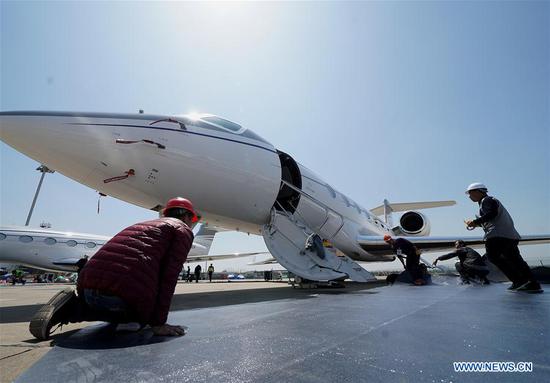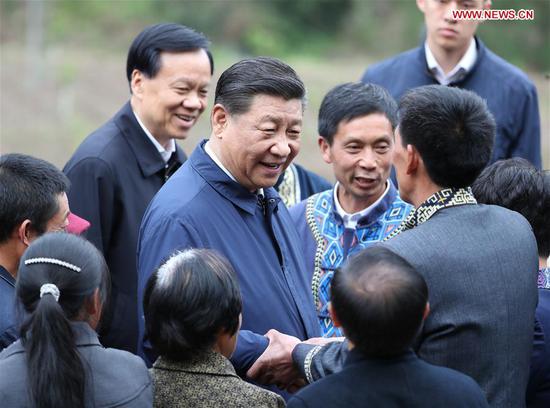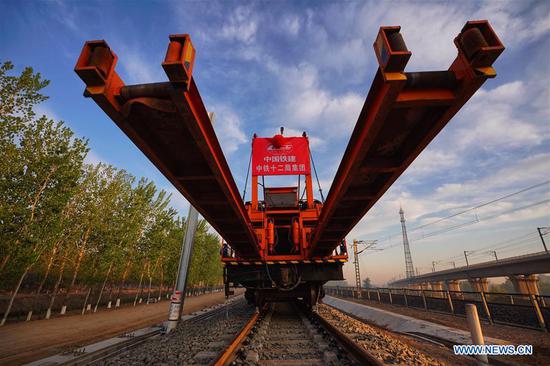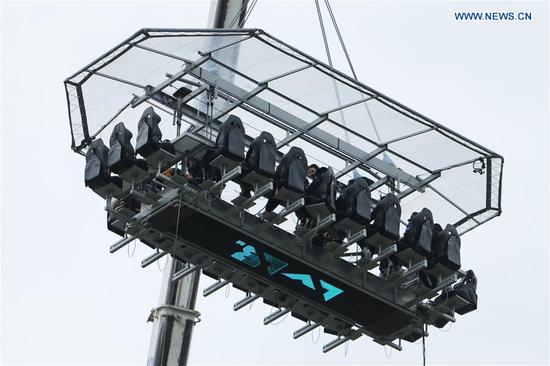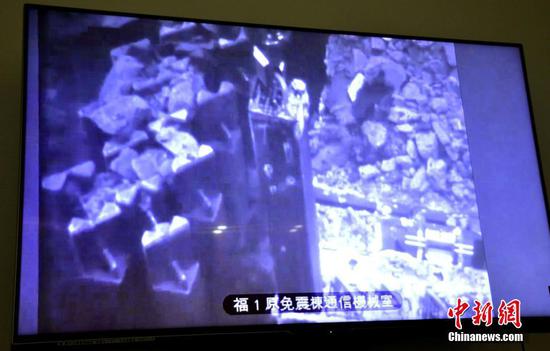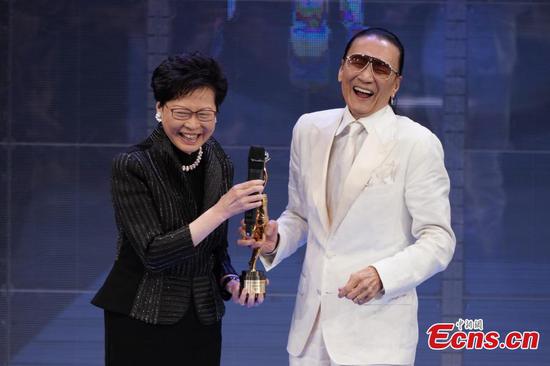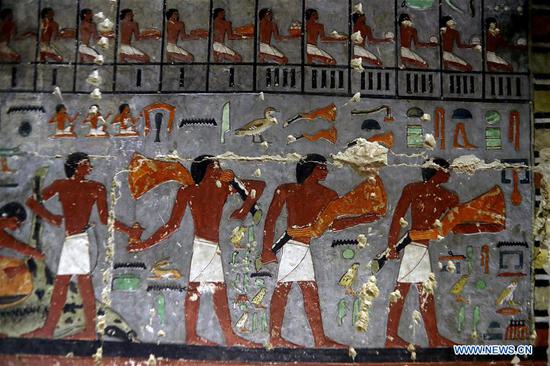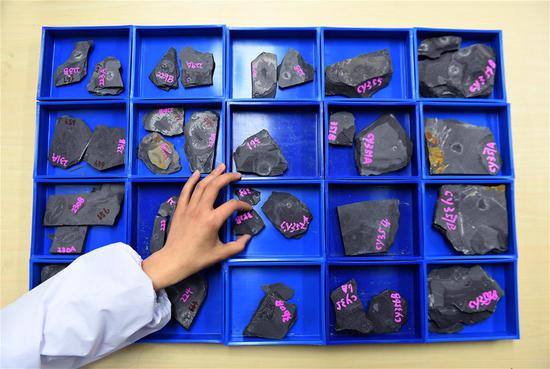 (Ken Hu talks at HAS 2019. /Huawei Photo)
(Ken Hu talks at HAS 2019. /Huawei Photo)5G coverage will reach 58 percent in 2025, according to a prediction by Huawei.
Ken Hu, the deputy chairman of the Chinese telecom equipment giant, showed the number during his speech at the Huawei Analyst Summit (HAS) 2019 on Tuesday in the southern Chinese city of Shenzhen, where Huaiwei has its headquarters.
"5G is developing faster than we though it would," Hu told an audience of more than 700 analysts from financial, technological and media sectors.

CGTN Photo
He compared the first-year development of 4G and 5G. In the first year of 4G, there were no chipsets or smartphones, only an empty standard waiting to be put into consumer products. But now we can already find four 5G chips and more than 40 5G-supporting smartphones in the market.
"With this pace, we are quite confident that our industry will gain the user base much faster as well," Hu added
Up until April 15, Huawei has won 40 commercial 5G contracts around the world, including that in South Korea and Switzerland.
Though a U.S.-led league of western countries is actively trying to drag down Huawei's expansion, the company has already become one of the pillars of 5G development around the world.
Aside from 5G, the 4G's ongoing expansion is also important, according to David Wang, executive director of the company's board.
"You can't make phone calls using pure 5G. So it's still necessary to expand 4G coverage, which is also Huawei's expertise," Wang told reporters.
AI gets practical
Hu is happy to see companies welcoming AI. "The enterprises are not asking if they should go AI, but how fast they can go AI. That's a big change," he said.
He also used a local example to showcase the real effectiveness of Huawei's AI tech. Shenzhen's traffic administration is using AI to fine tune the traffic lights on the road, which has helped reduce traffic jams in the city by 70 percent, as Hu claimed.
Huawei has developed its own AI algorithm and server hardware, which is a core competitiveness of the company.
"When Huawei was still nobody, we already knew the importance of mathematical research," said William Xu, director of board of the company.
Xu sees basic science theories as being incredibly important for the future of the company.














